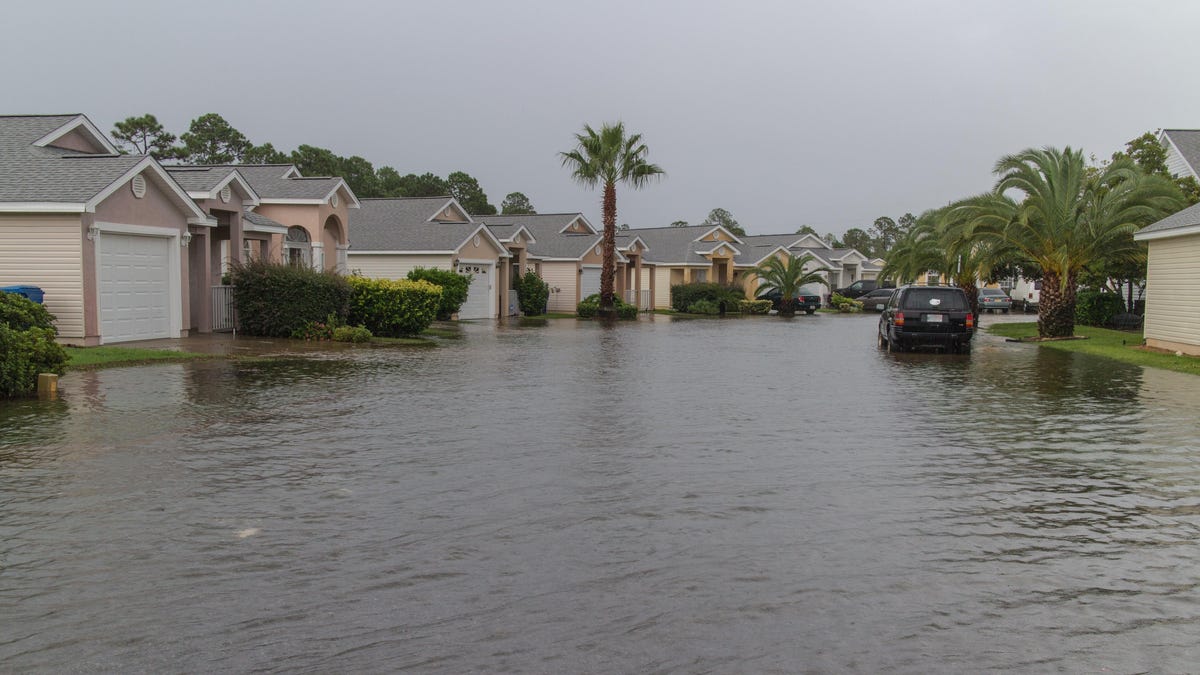How to assess your home’s risk from climate change


apparently I can’t go on for more than a few days without alarming headlines about. The climate crisis—from Impending ‘megastorm’ in California, To An ‘environmental nuclear bomb’ brewing in Utah, To data suggesting that Temperature extremes (above 100 degrees Fahrenheit) are likely to occur more frequently, for longer periods, and in more parts of the country in the coming decades.
While these environmental issues affect everyone, they are expected to have a greater impact on regions that are also hotspots of population growth. For example, a dangerous heat wave is expected to hit Arizona, Texas and Florida particularly hard. (texas Added the most residents in the last 10 years.)
Ignorance may be blissful, but it’s probably better to know the risks of fires, floods, and other environmental hazards where you live, or especially before you buy a home. If you’re adamant about living in a particular geographic location, you probably need to accept some degree of risk that isn’t unique to your property. Risk calculations can influence decisions about where and when.Environmental hazard Not only does it affect home prices, it can affect ongoing costsflood insurance, etc.
How to assess your home’s environmental risk
Sure, you can study plane maps of fires and floods and try to interpret historical data and trend predictions yourself, but the nonprofit First Street Foundation We created a tool called Risk Factors We do all this for you. Simply enter your home or prospective purchase address into the search bar to view fire, flood, and heat risks. You can also search by zip code, city, or county.
G/O Media can earn commissions
Up to 85% off
Jack’s NY Summer Sale
Styles From $10
With this site-wide sale, you’ll be prepared for any style situation that may arise as the seasons change, whether it’s Henleys and jeans, or a button-up and chinos shorts moment.

The tool rates each risk factor on a scale of 1-10 and uses historical data and current and future projections to further categorize risk. When searching for a specific address, the tool incorporates information such as distance to water, building materials used, and relative elevation.

Several real estate search platforms such as Realtor.com and Redfin also incorporate risk factor data directly into their listings. Of course, this is a tool for estimating approximate risk, not a guarantee. Also, it does not cover all environmental issues and natural disasters.
Why is it important to know climate risks?
Again, if you’re investing in a home, you’ll want to know if an environmental disaster is likely or almost certain in the future.seller Disclosure may not be required Details about risks or previous climate events impacting the property. You may need to purchase risk-specific insurance. Even if you don’t need it, it might be a good idea anyway. Factors such as extreme heat can affect energy use and increase costs over time, and major climate events can affect communities more broadly.
Conclusion: B.e Informed Buyers and Homeowners. High risk doesn’t necessarily deter you from living where you want, but it can be considered and mitigated where possible.
How to assess your home’s risk from climate change
Source link How to assess your home’s risk from climate change



